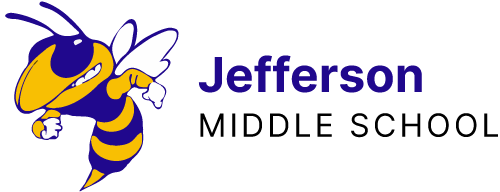TJMS Service Activity Reflection form
(The following excerpts are from the MYP: From Principles to Practice, 2014 Guide, Service and Action)
The MYP aims to help students develop their personal understanding, their emerging sense of self and their developmentally appropriate responsibility in their community. In the IB continuum, this continues with the service component of the DP’s community, action, service (CAS) requirements, in which students continue to increase their awareness of their own strengths and areas for growth, undertake new challenges, plan and initiate activities, work collaboratively with others, show perseverance and commitment, engage with locally and globally significant challenges and consider the ethical implications of their actions.
As students become more aware and acquire a better understanding of the context, and of their responsibilities, they become empowered to make choices about how to take thoughtful and positive action. This action will be different from student to student and from context to context. The action may involve students in:
- feeling empathy towards others
- making small-scale changes to their behavior
- undertaking larger and more significant projects
- acting on their own
- acting collaboratively
- taking physical action
- suggesting modifications to an existing system to the benefit of all involved
- lobbying people in more influential positions to act.
Service requires that students are able to build authentic connections between what they learn in the classroom and what they encounter in the community. When connected to classroom learning, the experience of service offers opportunities to apply concepts, both skills and knowledge, as students explore the community in its complexity, gain personal insight, develop existing and new skills, and grow in confidence and responsibility as they become “actors” in the “real world” beyond school.
Service activities should evolve beyond doing for others to engaging with others in a shared commitment towards the common good. Meaningful service requires understanding of an underlying issue such as poverty, literacy or pollution, and authenticating the need for this service. Meaningful service includes interaction, such as building links with individuals or groups in the community. To align with the general principle that the rights, dignity and autonomy of all those involved in service are respected means that identification of needs towards which a service activity will be directed has to involve prior communication and full consultation with the community or individual concerned. This approach, based on a collaborative exchange, maximizes the potential benefits for all the people involved, including learning opportunities for students as they develop and strengthen communication abilities.
MYP learning outcomes for service
With appropriate guidance and support, MYP students should, through their engagement with service as action:
- become more aware of their own strengths and areas for growth
- undertake challenges that develop new skills
- discuss, evaluate and plan student-initiated activities
- persevere in action
- work collaboratively with others
- develop international-mindedness through global engagement, multilingualism and intercultural understanding
- consider the ethical implications of their actions.
These learning outcomes identify the substance of students’ self-reflection on service as action. All of these learning outcomes are closely associated with IB learner profile attributes and ATL skills. Through their participation in service, students can become more confident, self-regulated learners.
 Contact
Contact  Calendars
Calendars Careers
Careers Engage
Engage  District
District
